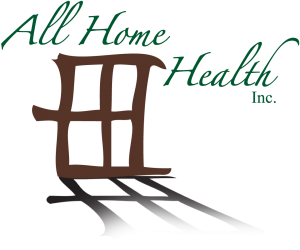 How is “Home Health Care” Defined?
How is “Home Health Care” Defined?
Often called simply “home health,” home health care is care that is provided directly in a patient’s home by a skilled professional. Care of this nature is delivered by licensed practitioners such as therapists, nurses, and others, and it is designed to address injuries, illnesses, or other medical conditions.
It is possible for home health care to be provided in a patient’s private home, group home, a long-term nursing center, or even an assisted living facility. Among the covered services may be things such as physical therapy, occupational therapy, skilled nursing, speech therapy, social services, or everyday living assistance.
Differences Between Home Health Care And Standard Home Care
The fact is that home health care differs notably from home care. Though their names sound alike, and both options take place at a patient’s place of residence, home health care is performed by licensed professionals from the medical field. In addition, the type of services included in home health care involves a range of medical-related assistance, such as post-operative monitoring, therapy services, and more.
What Is The Definition Of “Homebound?”
While it is possible for any patient to receive home health care services, in order for such assistance to receive coverage under Medicare, the patient needs to be classified as “homebound.” All this means is that the patient’s illness or condition is such that they are unable to leave their home safely unassisted by other people or by devices. Generally speaking, patients are said to be homebound even though they have left their residences in order to receive medical treatments that are not rendered in a home setting. Short and infrequent non-medical departures from the home are permitted, including church attendance, grooming appointments, or key family events.
Why Choose Home Health Care?
Perhaps the most important aspect of home health care in the eyes of aging patients is the fact that it can be brought right to their residnces, no matter the setting in which they live. This helps prevent the accumulation of massive bills for unnecessary hospitalization.
Patients’ loved ones are urged to take active roles in the process of planning their relative’s care and of helping them set objectives on which the home health care staff will help the patients work. Some of the other beneficial aspects of home health care for elderly individuals include enhanced independence, faster recovery from injury and illness, a return to self-sufficiency, slowed progression of chronic conditions, more effective management of nagging symptoms.
Home health care is an option that should be explored by anyone with an aging relative who is struggling with a chronic condition, a new illness, or an injury that is limiting their overall level of function, but who needs to receive treatment in the comfort and convenience of their home.
